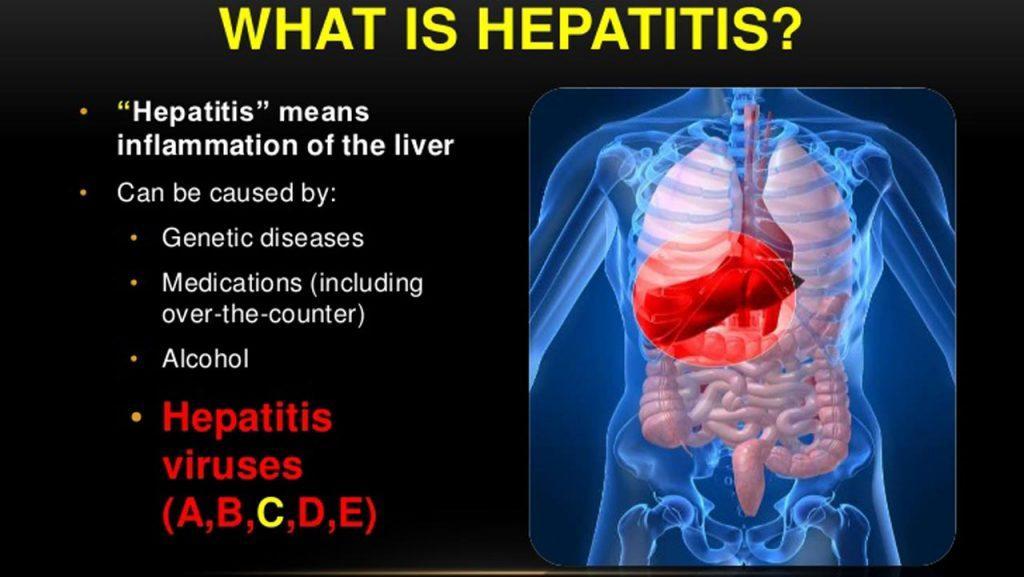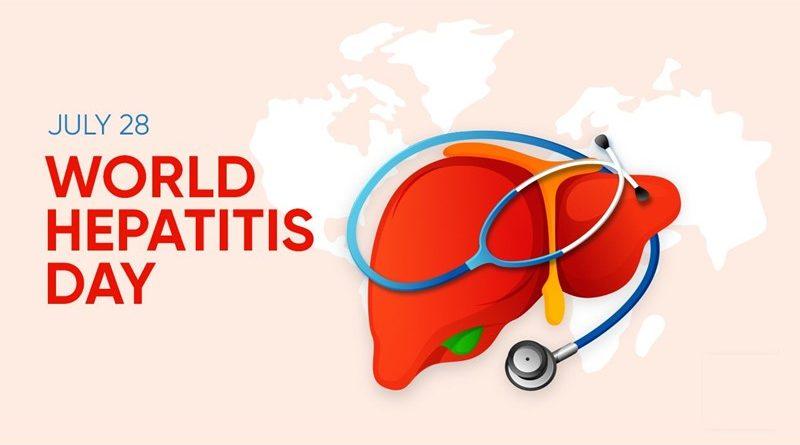World Hepatitis Day 2022: Bringing hepatitis care closer to you
World Hepatitis Day is observed each year on 28 July to raise awareness of viral hepatitis, which causes inflammation of the liver that leads to severe disease and liver cancer.
The world is currently facing a new outbreak of unexplained acute hepatitis infections affecting children. WHO, together with scientists and policymakers in affected countries, are working to understand the cause of this infection that does not appear to belong to any of the known 5 types of hepatitis viruses: A,B,C,D, and E.
This new outbreak brings focus on thousands of acute viral hepatitis infections that occur among children, adolescents and adults every year. Most acute hepatitis infections cause mild disease and even go undetected. But in some cases, they can lead complications and be fatal. In 2019 alone, an estimated 78 000 deaths occurred worldwide due to complications of acute hepatitis A to E infections.

Global efforts prioritize the elimination of the hepatitis infections B, C and D infections. Unlike acute viral hepatitis, these 3 infections cause chronic hepatitis that lasts for several decades and culminate in over 1 million deaths per year from cirrhosis and liver cancer. These 3 types of chronic hepatitis infections are responsible for over 95% of hepatitis deaths. While we have the guidance and tools to diagnose, treat, and prevent chronic viral hepatitis, these services are often out of reach of communities and are sometimes only available at centralized/specialized hospitals.
On World Hepatitis Day 2022, WHO is highlighting the need for bringing hepatitis care closer to the primary health facilities and communities so that people have better access to treatment and care, no matter what type of hepatitis they may have.
- 1,100,000 deaths per year caused by hepatitis B and hepatitis C infections
- 9,400,000 persons are receiving treatments from chronic hepatitis C infection
- Only 10% of people who have chronic infection with hepatitis C are diagnosed and only 22% of these receive treatment
- Only 42% of children globally have access to the birth dose of the hepatitis B vaccine
With a person dying every 30 seconds from a hepatitis related illness – we can’t wait to act on viral hepatitis.
- People living with viral hepatitis unaware can’t wait for testing
- People living with hepatitis can’t wait for life saving treatments
- Expectant mothers can’t wait for hepatitis screening and treatment
- Newborn babies can’t wait for birth dose vaccination
- People affected by hepatitis can’t wait to end stigma and discrimination
- Community organisations can’t wait for greater investment
- Decision makers can’t wait and must act now to make hepatitis elimination a reality through political will and funding.
I can’t wait
‘I can’t wait’ is the new campaign theme to launch World Hepatitis Day 2022. It will highlight the need to accelerate the fight against viral hepatitis and the importance of testing and treatment for the real people who need it. The campaign will amplify the voices of people affected by viral hepatitis calling for immediate action and the end of stigma and discrimination.
WHO aims to achieve hepatitis elimination by 2030. To get there, WHO calls on countries to achieve specific targets:
- Reduce new infections of hepatitis B and C by 90%;
- Reduce hepatitis related deaths from liver cirrhosis and cancer by 65%;
- Ensure that at least 90% of people with hepatitis B and C virus are diagnosed; and
- At least 80% of those eligible receive appropriate treatment.




